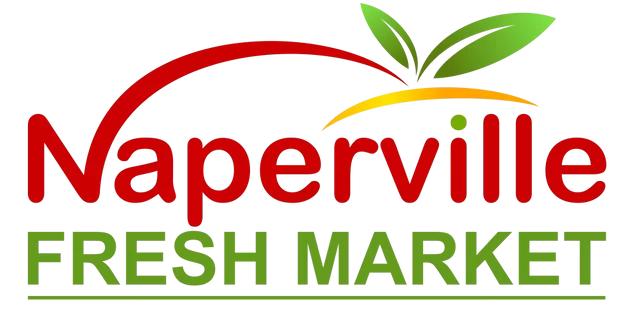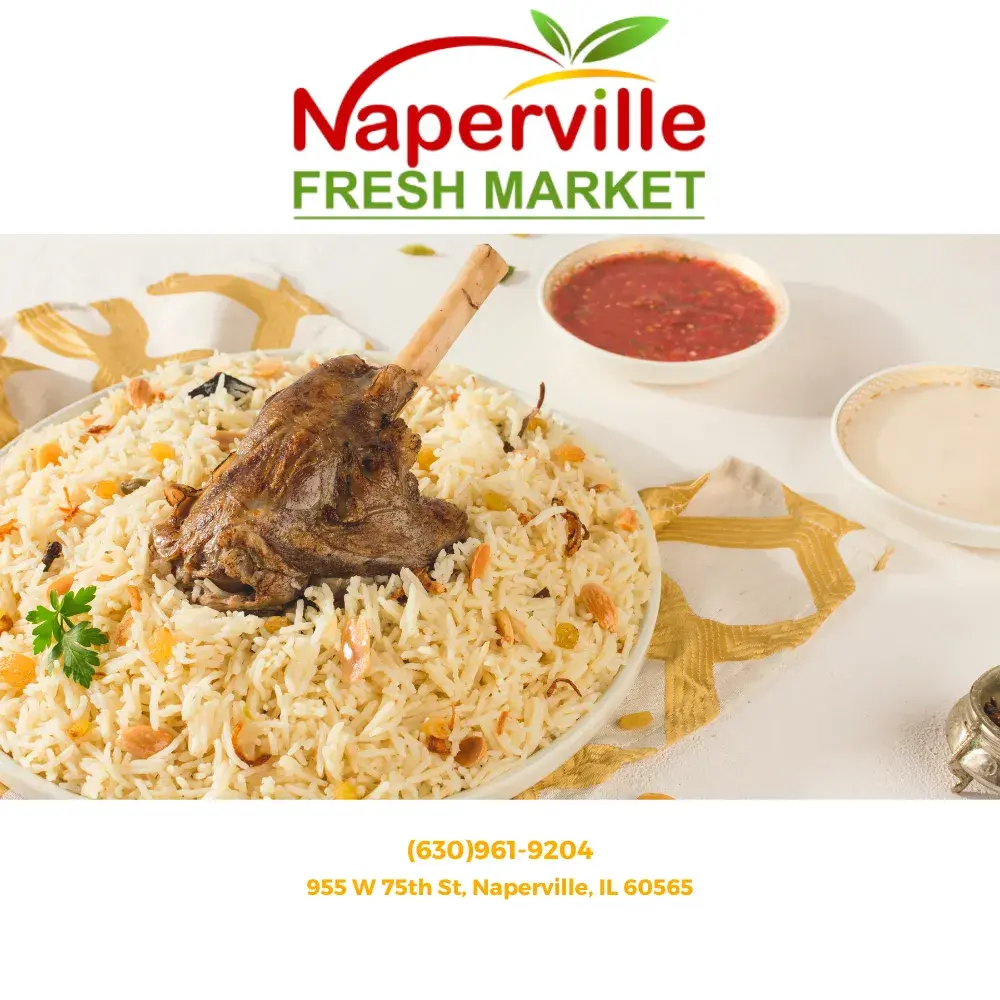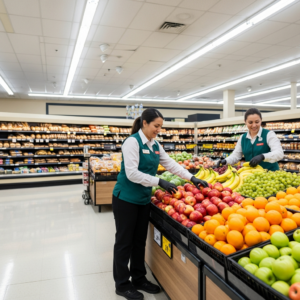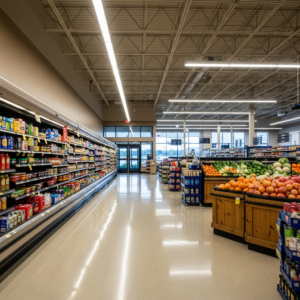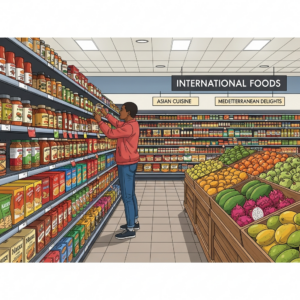Understanding Seasonal Influences on Halal Meat Supply
The availability of Halal meat often fluctuates throughout the year, closely tied to seasonal changes. These fluctuations are influenced by factors such as weather patterns, agricultural cycles, and specific religious holidays. During winter months, colder climates can limit the grazing capacity of animals like sheep and cows, leading to a decrease in meat production. Conversely, spring and summer months generally see an increase in availability as livestock has better access to natural pastures. Understanding these shifts is crucial for consumers seeking a consistent supply of their preferred cuts of Halal meat, as availability can directly impact what is found on store shelves.
The Role of Religious Holidays in Demand for Halal Meats
Religious holidays like Ramadan and Eid al-Adha significantly impact the demand for Halal meats. During these periods, the demand for specific types of Halal-certified meat, such as lamb or goat, often peaks, creating a temporary scarcity in local markets. Retailers adjust their inventory to cater to the increased needs of Muslim communities, which can result in a wider variety of options during these times. However, this also means that after these festivals, a drop in demand might lead to a reduction in the variety available in stores. For consumers, this dynamic means planning around these holidays can be key to accessing preferred types of Halal meat.
Impact of Local Farming Cycles on Halal Meat Variety
Local farming practices and their alignment with seasonal cycles are another crucial element in the variety of Halal meat available. Regions with strong agricultural traditions may see a more consistent year-round supply of Halal-certified beef, poultry, or lamb, thanks to sustainable farming methods. In contrast, areas that rely heavily on imports may experience more significant fluctuations. For example, in regions where Halal meat is imported, supply may dip during times when international farming yields are low, affecting the diversity of meats available in stores. This connection between local farming cycles and seasonal shifts makes it clear that access to a diverse range of Halal meat is not just about demand but also the production conditions in various regions.
Global Trade and Its Effects on Halal Meat Access
The global trade of Halal meat plays a vital role in supplementing local supply, especially when seasonal factors limit production. Importing meat from countries with established Halal certification processes helps balance the supply chain, ensuring that consumers have access to various cuts even when local production is limited. However, international trade can also be influenced by seasonal factors such as shipping conditions and regulations, which may cause delays in supply chains. This can result in sporadic availability of specific Halal meats, leading consumers to adjust their buying habits based on what’s currently in stock. By understanding the interplay between global trade and seasonal shifts, both retailers and consumers can make informed decisions about sourcing and purchasing Halal meat.
Learn More
Understanding the Seasonal Cycles of Halal Meat Availability
